
Ethiopians vote in elections overshadowed by crisis and conflict
Prime Minister Abiy Ahmed, 44, oversaw sweeping political and economic reforms following his appointment in 2018 by the ruling coalition.
But some human rights activists say those gains are being reversed and complain about abuses in a war in Ethiopia’s Tigray region, the government denies.
Abiy last week said the vote would be the "first attempt at free and fair elections” in Ethiopia, whose once-fast-growing economy has been hit by conflict and the COVID-19 pandemic.
The results of the vote could reverberate beyond Ethiopia. The Horn of Africa is a diplomatic heavyweight in an unstable region, supplying peacekeepers to Somalia, Sudan and South Sudan. It is also one of the world’s largest frontier markets.
Abiy’s newly formed Prosperity Party is at the forefront of a crowded field of candidates, mostly from smaller, ethnically based parties. Billboards with his party’s light bulb symbol adorn the capital.
Former political prisoner Berhanu Nega is the only other prominent candidate not to have an ethnic ticket. But his Ethiopian Citizens for Social Justice party is struggling to attract support outside the cities.
In the last election, the ruling coalition and its allies won all 547 seats. This time, more than 37 million of Ethiopia’s 109 million people have registered to vote, choosing from 46 parties for parliament. The electoral council says there are more candidates this time than in any previous vote.
Not all parties participate. In Oromiya, Ethiopia’s most populous province, major opposition parties are boycotting over alleged intimidation by regional security forces. Officials were not called back to request comment.
Vote registration problems and lingering ethnic violence have slowed voting in a fifth of constituencies. A second round of voting will take place in September.
No date has been set for the vote in Tigray, where the government has been battling the region’s former ruling party, the Tigray People’s Liberation Front, since November. The United Nations says that some 350,000 people are facing famine there.
‘Almost a democracy’
While drinking a beer in the capital Addis Ababa, retired civil servant Yohannes Asrat said he had seen both violence and manipulation during elections in his lifetime, but hoped Monday’s mood would be different. "We are almost a democracy,” he said.
Abiy’s reforms include lifting bans on dozens of political parties and media outlets, releasing tens of thousands of political prisoners and easing restrictions on political gatherings.
But Fisseha Tekle of human rights group Amnesty International said the government is still crushing dissent with the help of a revised counter-terrorism law and new hate speech laws that could lead to prison terms for online content.
"The government uses these laws to arrest people and keep them in prison for long periods of time,” Fisseha said.
In the capital, many construction projects have been halted as growth in what was until recently one of Africa’s fastest-growing economies slowed, leaving cracked slabs covering the skeletons of unfinished buildings. Many voters are more concerned about economic recovery than about democratic reforms.
Abiy has pledged to attract foreign investment and accelerate electrification by filling a giant $4 billion hydroelectric dam in the Blue Nile, raising tensions with Egypt and Sudan, who fear the Nile water supply they rely on could be interrupted .
But annual inflation is now around 20% and growth is projected to be just 2% this year, having surpassed 10% before the pandemic.
"The cost of living is increasing,” said shopkeeper Murad Merga, whose shop window was decorated with posters of the ruling party. But he remained optimistic: "Step by step everything will be solved.”
(REUTERS)



 0
0 
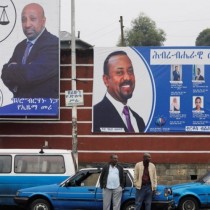

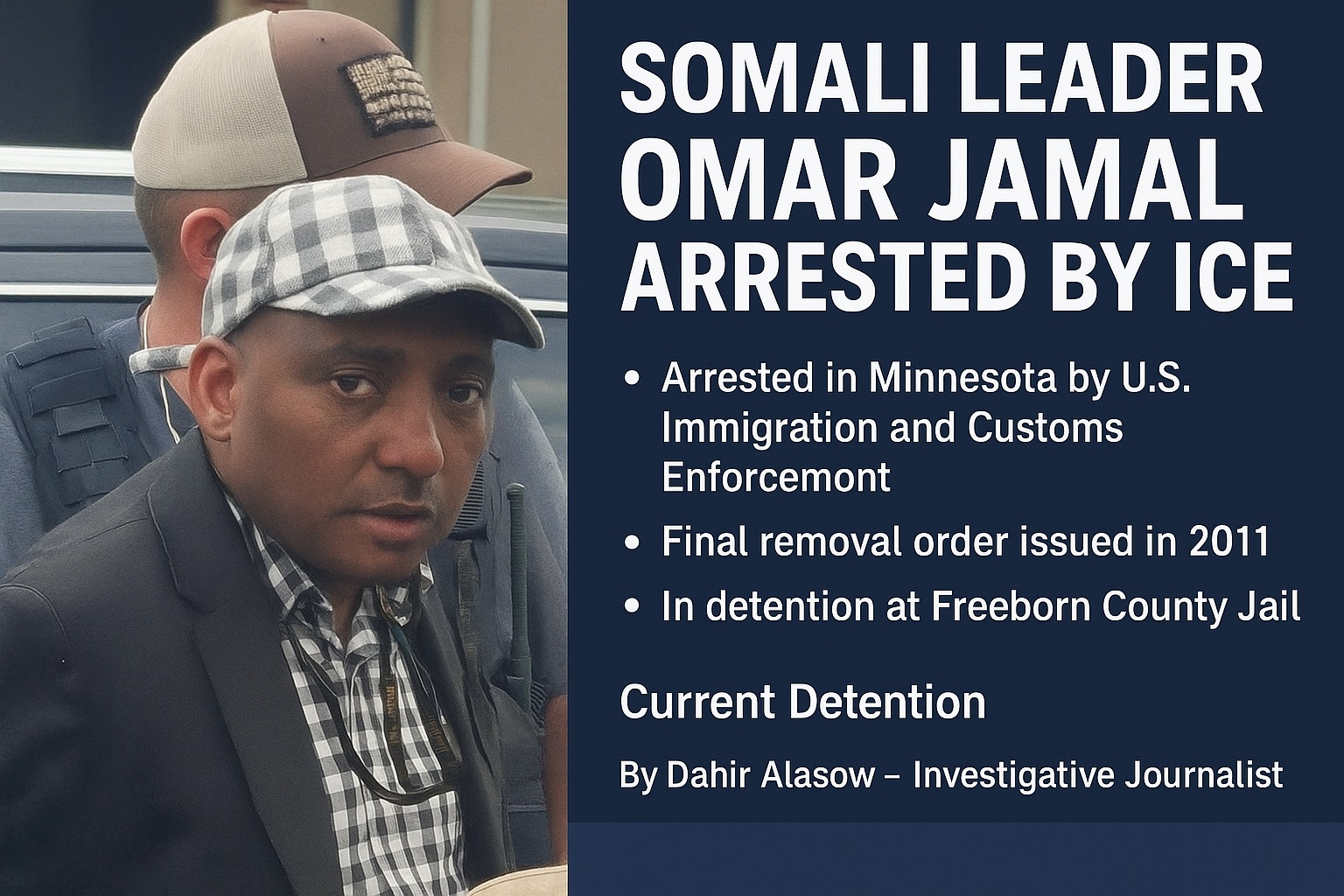
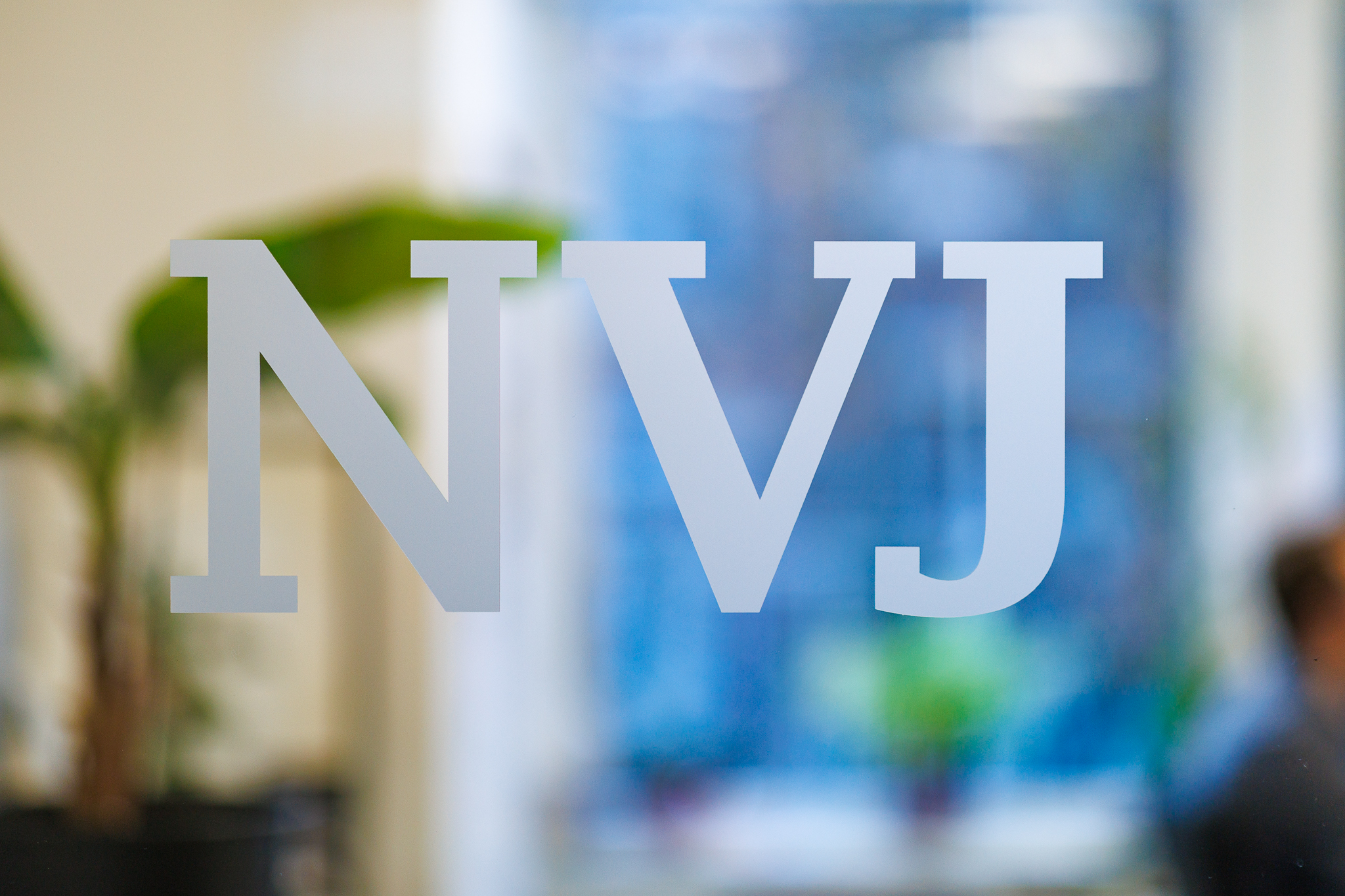
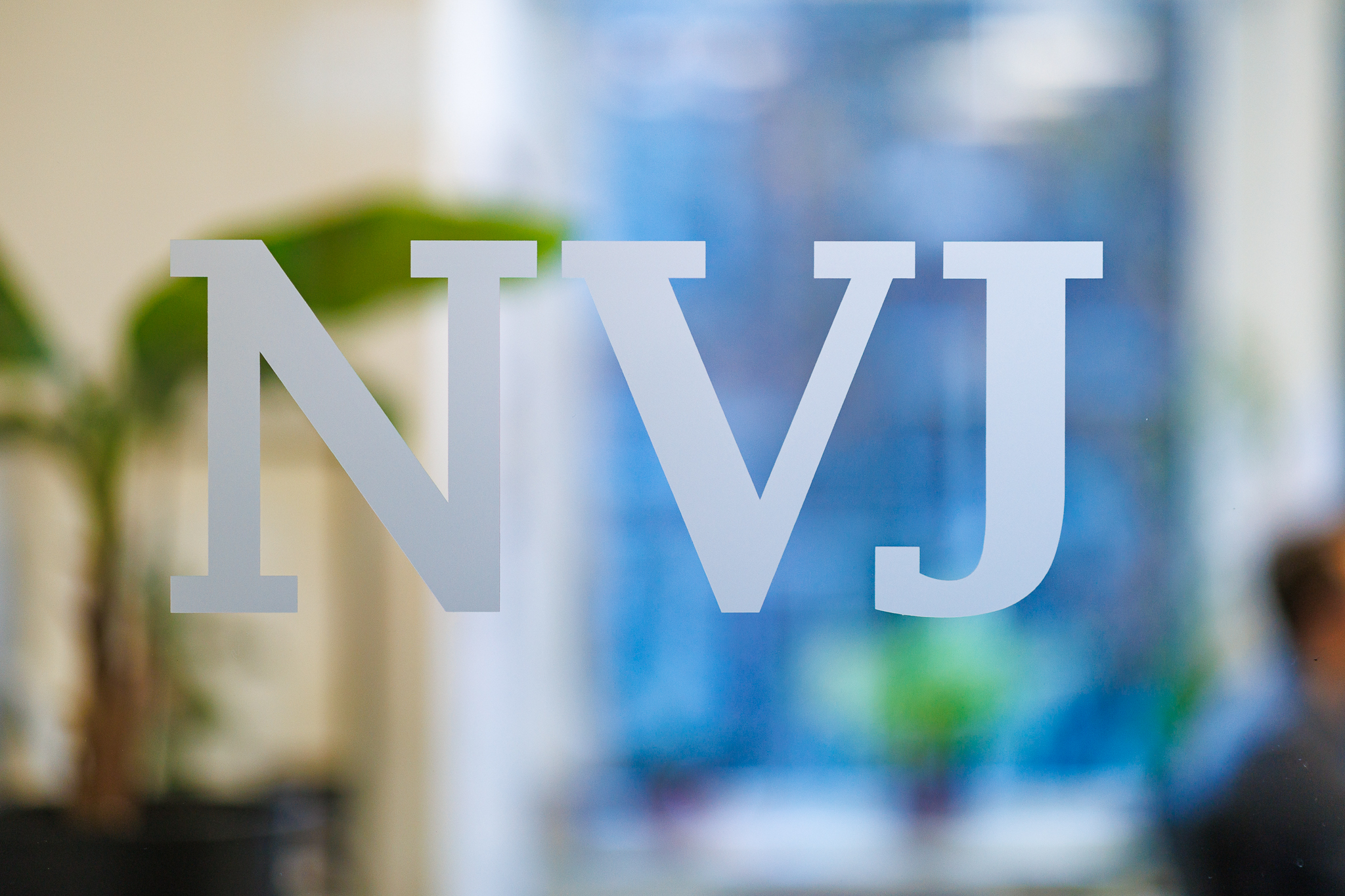
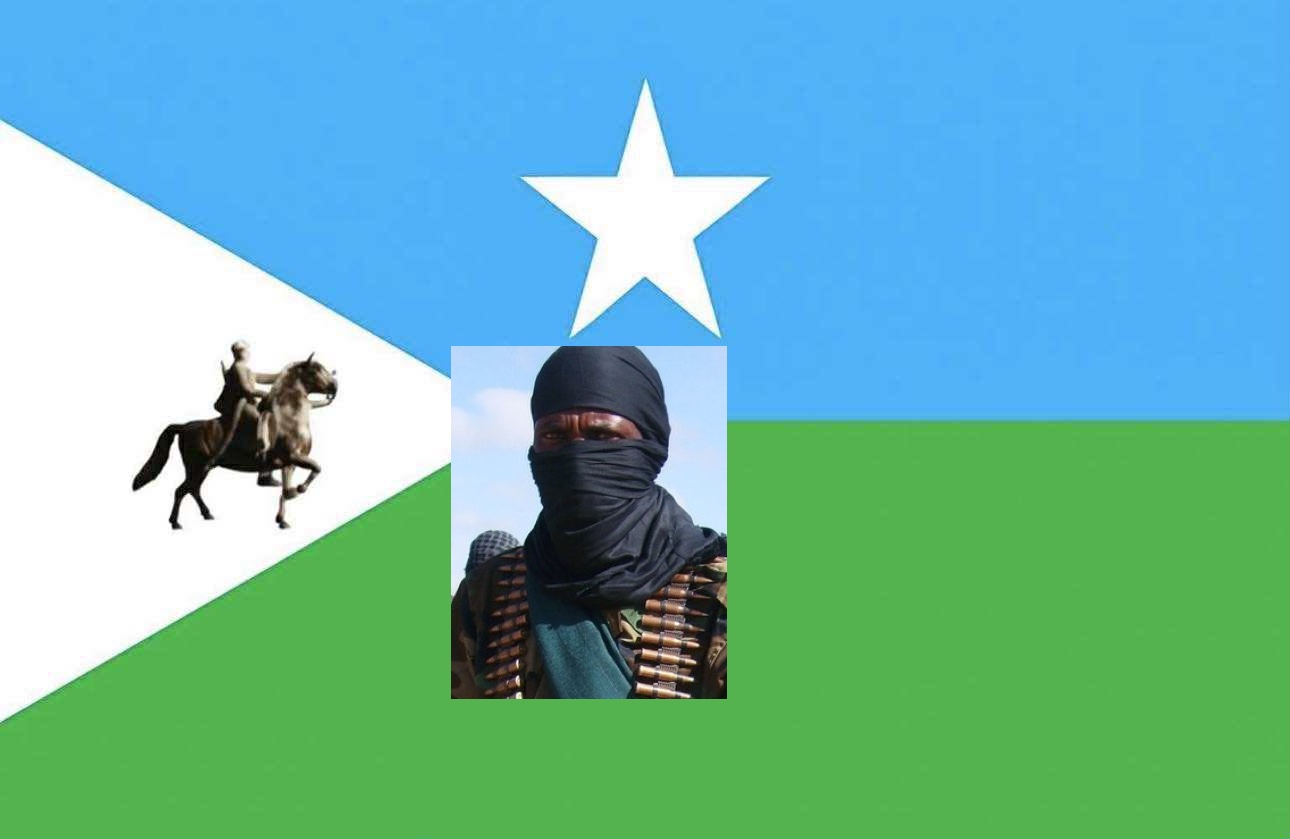
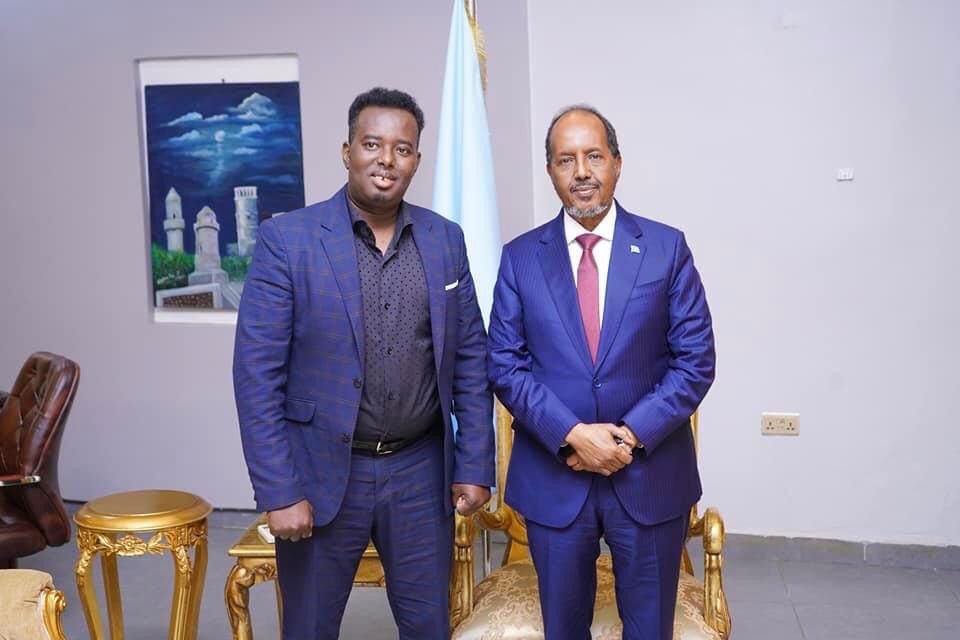
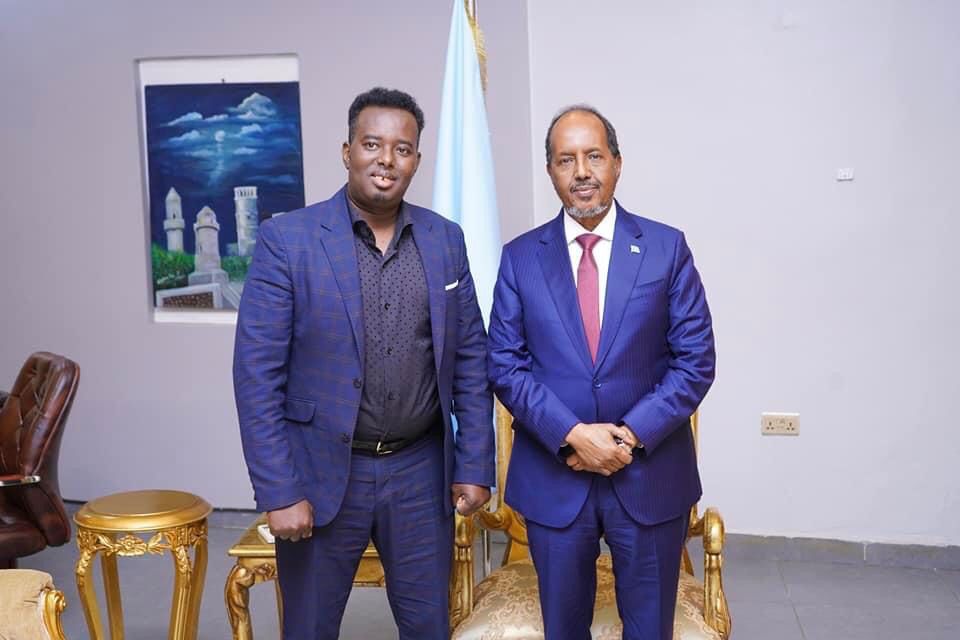


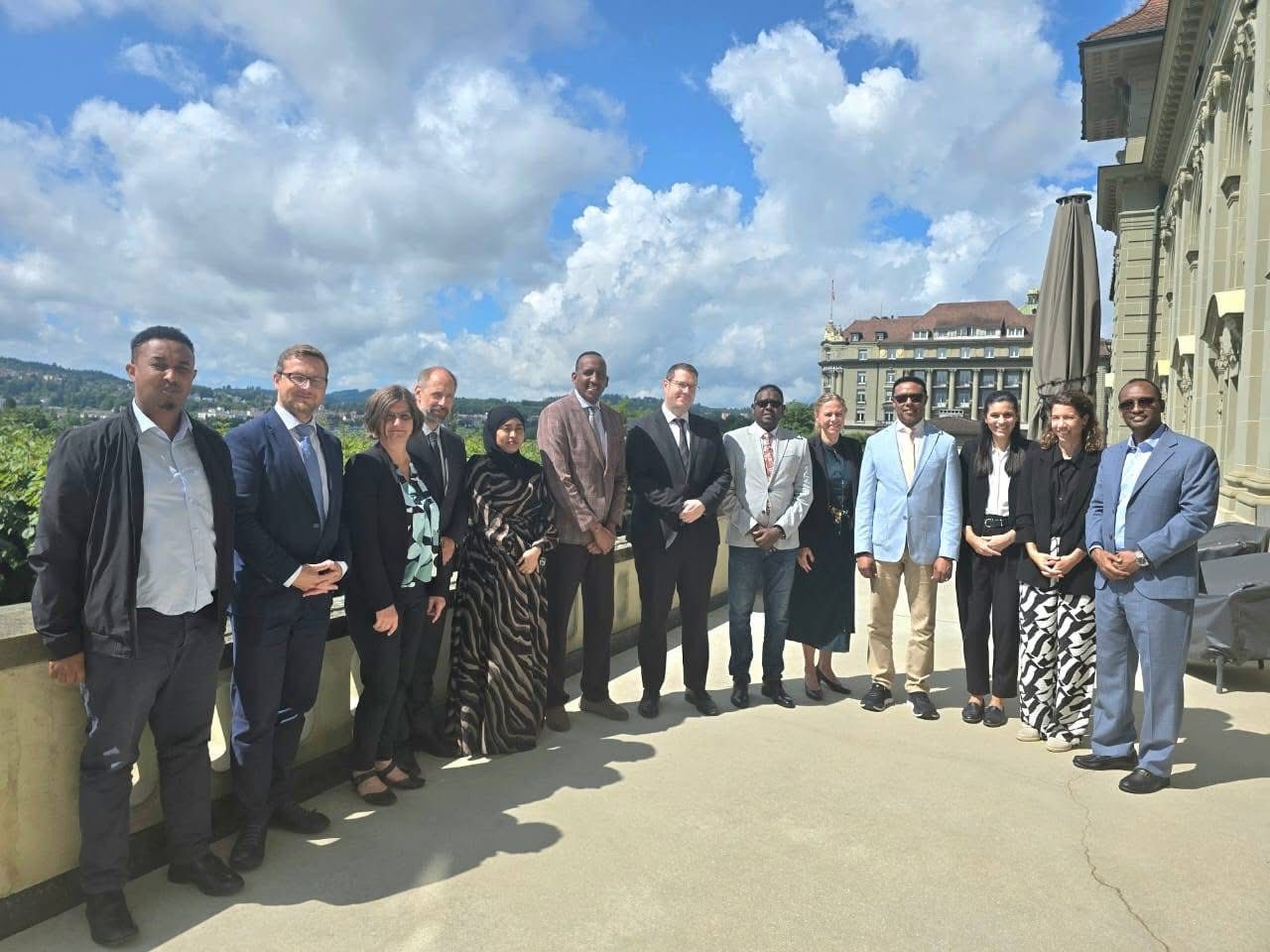
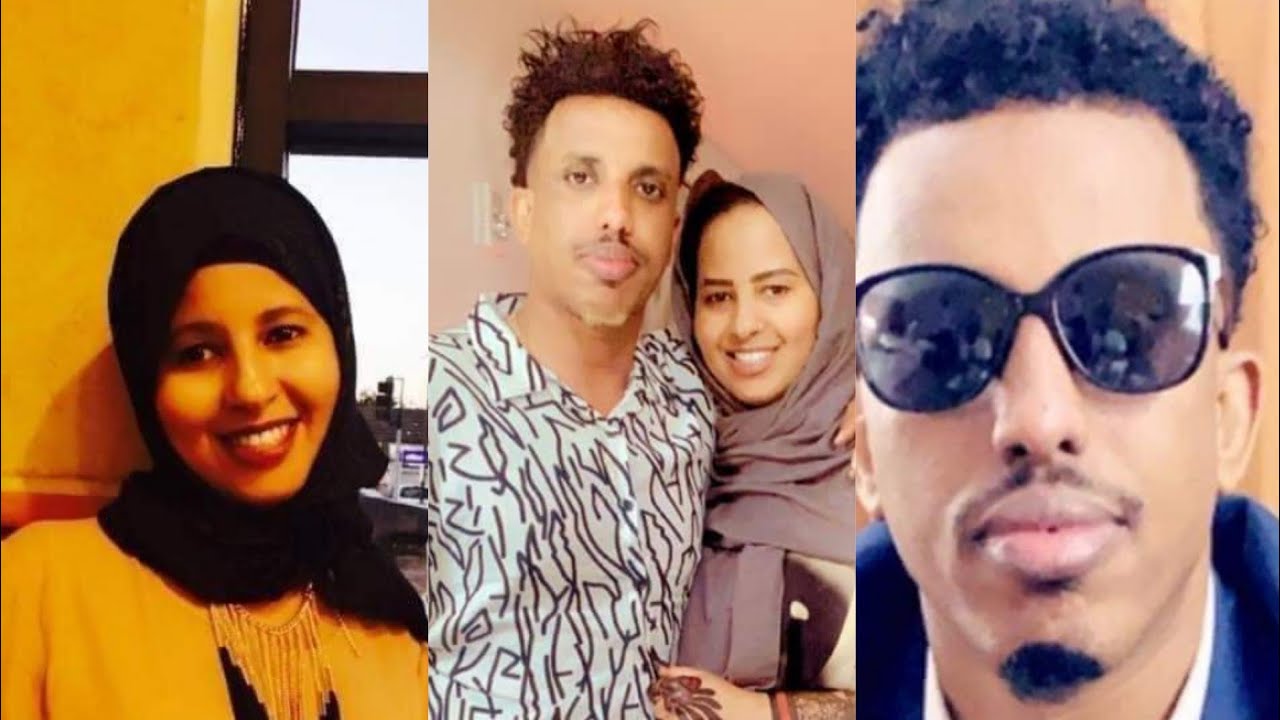

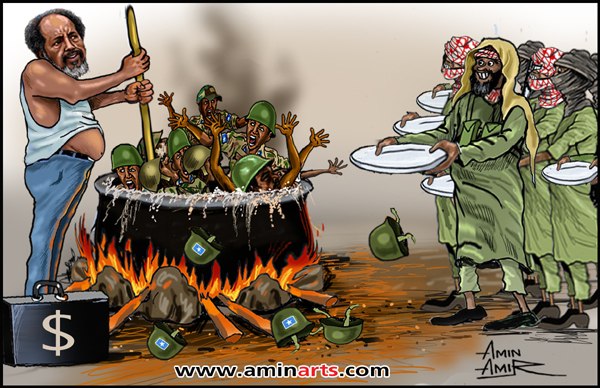
Ethiopians vote in elections overshadowed by crisis and conflict
Ethiopians will vote Monday in national and regional elections announced by the prime minister as proof of his commitment to democracy after decades of repressive rule in Africa's second most populous country.